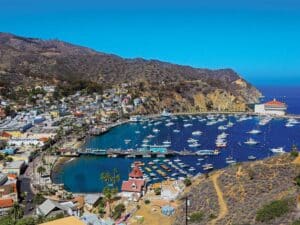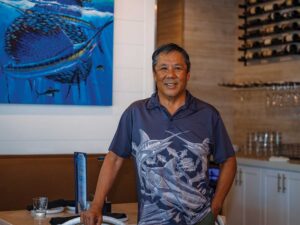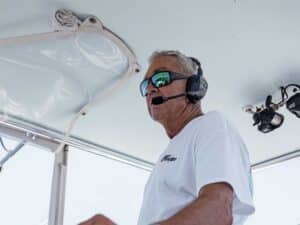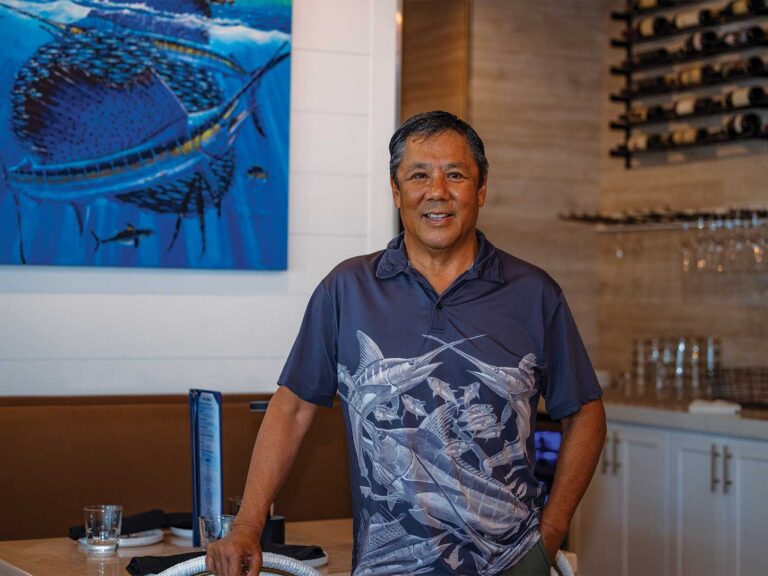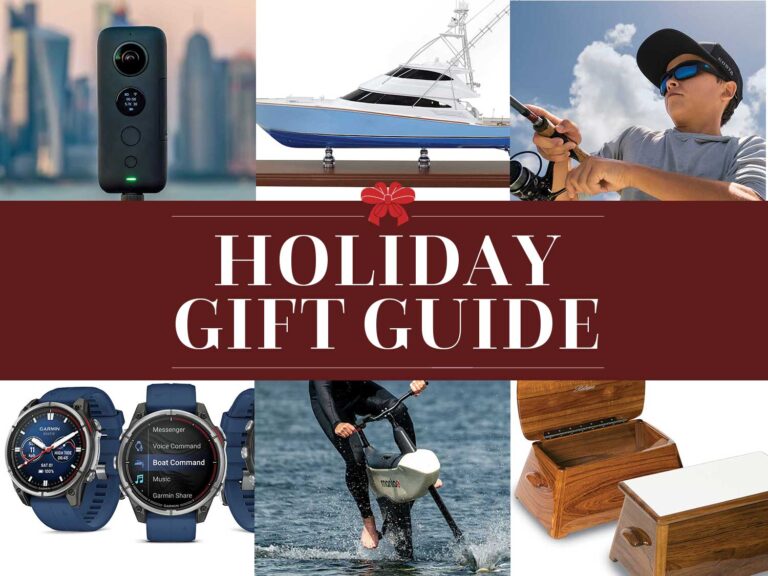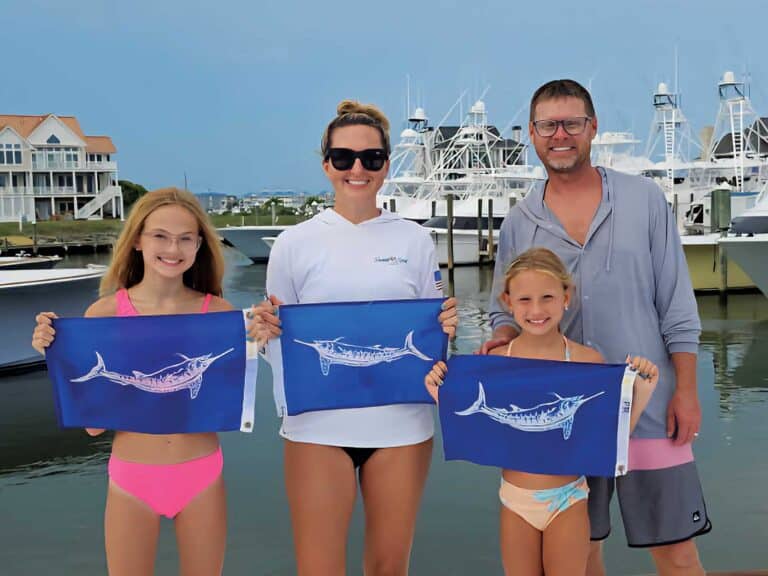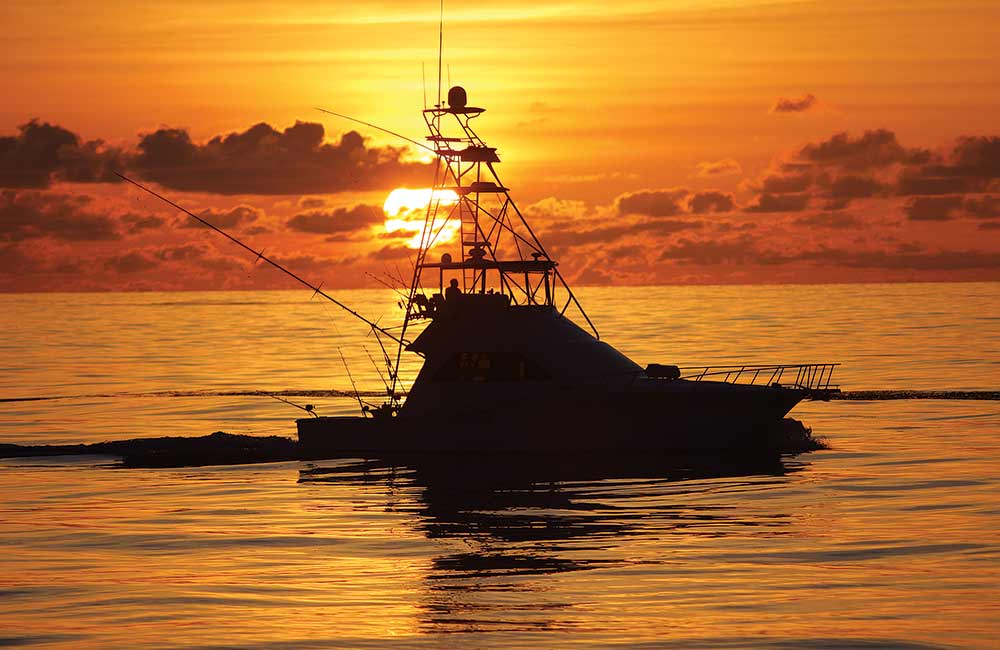
It’s estimated that there are more than 220 million recreational anglers globally, representing annual expenditures of more than $190 million. And, for many species, the value of recreational fishing greatly exceeds that of commercial harvests. Furthermore, many recreational anglers prefer to release more and/or bigger fish instead of removing them from the ecosystem. Recreational billfish anglers are a quintessential example, with catch-and-release representing the norm rather than the exception these days.
However, a significant dichotomy exists in the values associated with recreational and commercial billfish fisheries. Numerous economic studies have illustrated the value contrast between the two fisheries, and have repeatedly documented that recreational catch-and-release billfishing generates far more value and revenue than commercial harvest and sale.
For decades, the Caribbean region has been well-known for its world-class billfishing and the many popular tournaments hosted there. However, Atlantic billfish are not being managed sustainably at an international level.
In response to international mismanagement, the Caribbean Billfish Project was born. The CBP is a multiyear project with partners that include the World Bank, the Food and Agricultural Organization and the IGFA. The goal of the CBP is to develop new incentive-compatible policies in the Caribbean to reduce billfish mortality and increase billfish stocks. The idea is to develop policy tools that are self-financing, or can be financed, thus removing some of the cost of governance from developing island nations. By conducting a series of pilot projects to develop conservation actions that can be scaled up to the entire Caribbean region, we can work to protect billfish stocks, maximize economic value and enhance recreational fishing. Unfortunately, one of the biggest roadblocks to new conservation activities like these is a lack of recreational-fishing data in the Caribbean.
In order to gain the attention of socially conscious investors and prove the concept that billfish conservation can pay big dividends in the long run, actual billfish values need to be assessed. With the lack of data on angler participation and behavior in the region, the CBP has funded an online survey developed by Gentner Consulting Group for anglers who recreationally fish for billfish in the Caribbean; unfortunately, there is no universal list of billfish anglers in the Caribbean. As such, this survey relies on other sources, including Marlin readers, to help gather this vitally important data. Other sources of billfish anglers include tournament-registration lists, local angling clubs and marina contact lists throughout the region. The survey seeks to gain insight about fishing activities in the Caribbean as well as expenditures and opinions about management and conservation tools currently being discussed for the region.
If you love fishing for marlin in the Caribbean, please take a moment to respond to this survey and make a difference. Upon completion, you can opt in for a drawing to win one of 10 Yeti Ramblers engraved with the IGFA logo as a token of our thanks for your participation. Click here to take the CBP survey.
